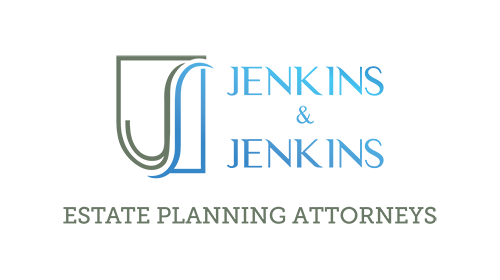What Heirs Need to Know About Taxes, Probate, and Transfers
Inheriting real estate from a loved one can be both a blessing and a challenge. For many families, a home is the most valuable asset passed down through generations—but navigating what happens after a property is inherited in California isn’t always straightforward.
Between probate, property taxes, and recent legal changes like Proposition 19, it’s easy for heirs to feel overwhelmed or unsure of their next steps.
This guide breaks down what you need to know if you’ve inherited property in California—or expect to in the future.
Step 1: Determine How the Property Is Titled
The first thing to understand is how the property was owned and whether it must go through probate, which is the court-supervised process of transferring a deceased person’s assets.
- If the property was held in a trust: It typically avoids probate, and the successor trustee can manage the transfer of ownership without Court supervision.
- If the property was jointly owned with right of survivorship: It will pass directly to the surviving owner, and all that’s needed is an Affidavit filed with the County Recorder.
- If the property was in the deceased person’s name alone: It likely must go through probate. There are different paths in probate for property though, largely dependent on the value of the property. If the property qualifies, a more streamlined approach may be used.
If you’re unsure how the property is titled, it’s a good idea to consult with a probate attorney to review the deed and supporting documents.
Step 2: Understand the Probate Process
If the property needs to go through probate, the process typically takes 9–18 months in California, depending on the complexity of the estate and the court’s schedule.
During probate:
- A personal representative (executor or administrator) is appointed.
- The estate’s debts and taxes are settled.
- Everything is inventoried and appraised for the Court.
- The property is eventually transferred to the rightful heirs.
While probate is common, many families want to avoid it due to the delays, legal fees, and public nature of the process. That’s why creating a living trust is often recommended during lifetime planning—but if you’re dealing with an inheritance now, you’ll need to follow the court’s procedures if a trust was not in place.
Step 3: Review Property Tax Implications Under Proposition 19
One of the biggest changes affecting inherited property in California came with the passage of Proposition 19, which significantly limited the ability to keep a low property tax base when a home is passed to heirs.
Here’s what you need to know:
Before Proposition 19 (Old Rules)
Parents could transfer a primary residence—and in some cases, other real estate—to their children without triggering a reassessment of property taxes. This meant the low tax base could continue, often saving thousands of dollars per year.
After Proposition 19 (Current Rules)
As of February 16, 2021, the rules have changed:
- The parent-to-child exclusion only applies if the home was the parent’s primary residence AND the child makes the inherited property their primary residence.
- There’s a cap of $1 million on the excluded value (assessed value, not market value).
- If the child does not move into the home within one year and file for the homeowners’ exemption and parent-child exclusion, the property is fully reassessed at market value, often significantly increasing the annual tax bill.
These changes have caught many families off guard. If you’ve inherited property and don’t plan to live in it, be prepared for a much higher property tax bill.
Step 4: Decide What to Do With the Property
After understanding the legal and tax implications, you’ll need to decide whether to:
- Keep the property and live in it
- Rent it out
- Sell it
Each option comes with pros and cons—especially when it comes to taxes:
- Selling the property may trigger capital gains taxes depending upon how it was transferred. If transferred via a Trust, TODD, or via Probate Court (with or without a Will), no capital gains taxes should be owed if the home is sold in a reasonable time following inheritance. If the home was instead transferred via a deed while the parent was alive, capital gains taxes are very likely to apply (and will likely be substantial).
- Renting it creates ongoing landlord responsibilities and income tax considerations.
- Keeping the property may make sense emotionally or financially, but increased property taxes under Prop 19 could make it unaffordable.
Working with a qualified attorney and tax advisor can help you evaluate your options and make the best decision for your situation.
Step 5: Be Aware of Other Potential Issues
Inheriting property can also involve:
- Multiple heirs with different ideas about what to do
- Existing mortgages or reverse mortgages on the property
- Deferred maintenance or property disputes
It’s important to address these issues proactively and communicate openly with any co-heirs. If needed, mediation or legal guidance can help resolve conflicts and ensure the estate is handled smoothly.
How Jenkins & Jenkins Can Help
Inheriting property in California comes with important decisions—and often, more legal complexity than families expect. At Jenkins & Jenkins, we’re here to guide you through the process, from probate administration to trust transfers and everything in between.
We can help you:
- Understand whether probate is required
- Navigate Proposition 19 implications
- Protect your rights as an heir
- Create or update your own estate plan to avoid these challenges in the future
Contact us today to schedule a consultation and take the next step in managing your inheritance with confidence and clarity.






